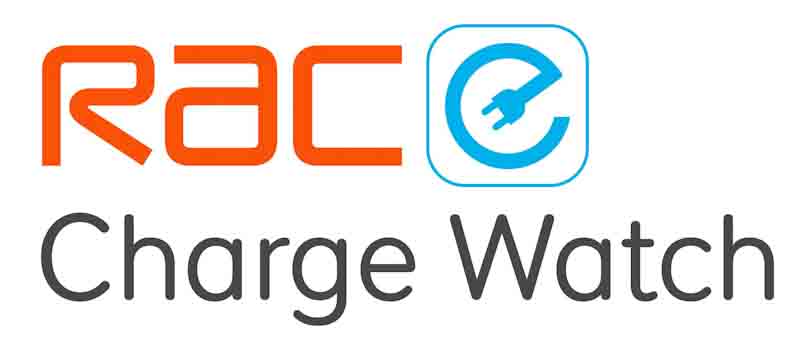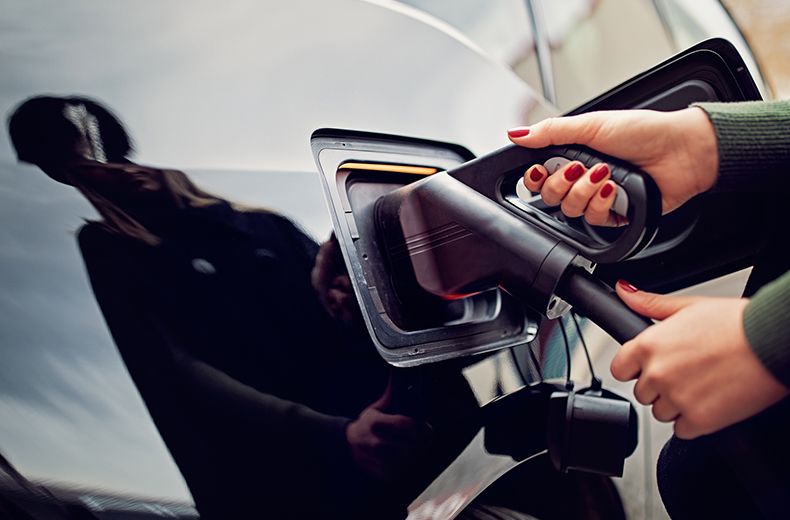More drivers than ever are looking to make the switch to electric vehicles in the run-up to the ban on the sale of new petrol and diesel cars and vans. Yet many households are likely to be unable to charge an electric vehicle at home, meaning a large number of drivers will rely on using public chargers away from home. This is why having an affordable, reliable and fit-for-purpose network of chargers across the UK is so important.
The RAC has run Fuel Watch for many years to ensure drivers pay a fair price at the pumps. Charge Watch aims to do the same for drivers of electric cars who want to pay to use the fastest public charge points without a subscription, and without having to sign up to a particular operator. The RAC was also a founding supporter of the FairCharge campaign.
Average public charging costs for electric cars
The UK has a number of charging point operators which run chargers of differing speeds, from so-called 'fast' devices to 'ultra-rapid' devices which can deliver charges up to 400 kilowatts (kW). RAC Charge Watch focuses only on prices at rapid and ultra-rapid chargers, as increasingly these will be the chargers drivers rely on to complete long journeys, or to run an EV if they aren't able to charge at home. The importance of rapid chargers was emphasised by the Government in April 2022 when it announced plans to ensure these chargers are working for drivers 99% of the time.
Charging prices increased from September 2022, in line with the rise in wholesale electricity costs in the UK, although prices began to plateau through late 2023 and into 2024. The RAC has worked with the EV industry to explain why charging prices have not dropped in line with recent wholesale price reductions.
Below are the average costs as analysed by the RAC, in pence per kilowatt hour (ppkWh):

Average cost to charge an electric car from 10% to 80%
As manufacturers of electric cars only recommend rapid charging to 80% to maximise the charging rate and protect the health of the battery, RAC Charge Watch calculates the cost of charging from 10% to 80% (as it's highly unlikely a driver would arrive at a charger with a completely empty battery). While electric car battery sizes vary, we use a 64.8 kilowatt hour (kWh) battery for the basis for all cost calculations as it is an average of several popular family-sized models on sale in the UK today. Rapid charging a battery of this size from 10% to 80% requires 52kWh of electricity. So, as an example, a price of 78.12p per kWh for a rapid charge means the cost of a 70% charge is around £40. This would give the driver a range of around 168 miles.
Below are the average costs the RAC has tracked since summer 2022:
Cost of running an electric car, versus a petrol or diesel car
To help put the cost of a rapid charge into context, we've calculated the average cost per mile of driving an electric car compared to a per-mile cost of driving a petrol or diesel car. Note, this is for comparison purposes only. We are aware that most drivers do not solely use rapid or ultra-rapid public chargers.
Electric car calculations are based on a car's assumed efficiency of 3.5 miles per kWh (as with miles per gallon in a petrol or diesel vehicle, an EV's efficiency is affected by a range of different factors including driving style). Petrol and diesel calculations are based on a car averaging 40 miles per gallon, equivalent to 8.81 miles per litre, with average per litre costs taken from RAC Fuel Watch.
Home charging costs are based on the Ofgem capped rates that apply to standard variable tariffs. EV drivers can take advantage of cheaper overnight charging with specialised tariffs from some suppliers.
What about the cost of charging up at home?
The cost of charging at home remains significantly cheaper than using a rapid or ultra-rapid public charger, even with high domestic energy prices.
As of Spring 2025, a driver fully charging an electric car with a 64kWh battery (from 0% to 100%) at home pays a maximum of £17.52, based on Ofgem's capped rates for standard variable domestic electricity tariffs. Some energy providers also have tariffs that offer lower overnight prices to help keep the cost of charging a car to a minimum.
FairCharge
 As well as taking the lead when it comes to supporting drivers in moving to electric vehicles, the RAC was a founding backer of the FairCharge campaign, led by transport campaigner and automotive journalist Quentin Willson. FairCharge exists to to speed up the switch to electric cars by removing many of the barriers currently facing drivers, and to push key EV issues to the forefront of the political agenda.
As well as taking the lead when it comes to supporting drivers in moving to electric vehicles, the RAC was a founding backer of the FairCharge campaign, led by transport campaigner and automotive journalist Quentin Willson. FairCharge exists to to speed up the switch to electric cars by removing many of the barriers currently facing drivers, and to push key EV issues to the forefront of the political agenda.
In September 2023, RAC and FairCharge launched the UK's first public electric vehicle charging charter, setting out expected standards for charging in order to give drivers - both today and in the future - the best possible experience.

RAC sale – up to 33% off*
• Roadside cover from £5.29 a month†
• We get to most breakdowns in 60 mins or less
• Our patrols fix 4/5 breakdowns on the spot

Visit the RAC Drive Electric Cars hub
Read our guides on choosing, charging and running an electric car.









